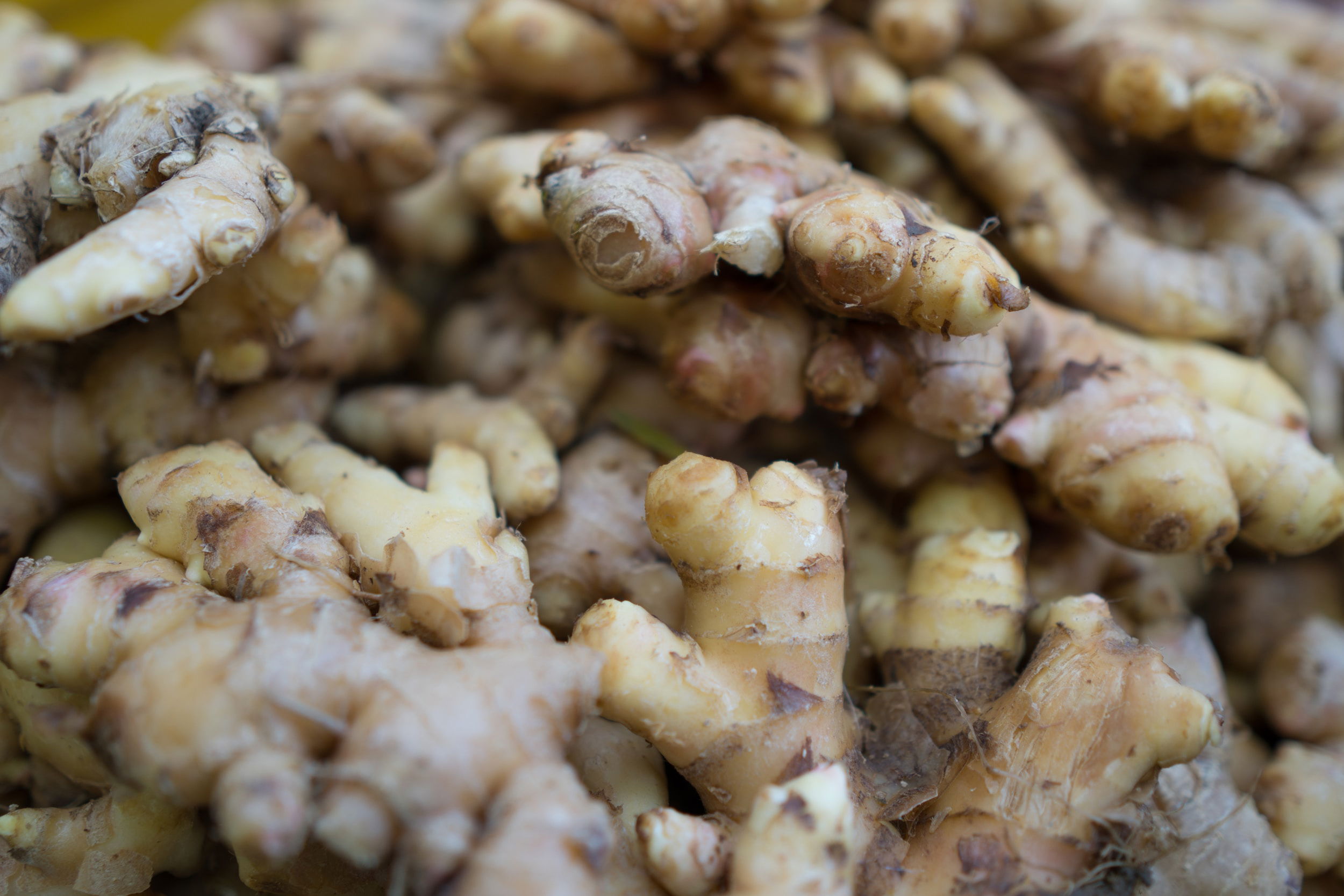Ginger, a versatile and aromatic plant, is renowned for its unique flavor and numerous health benefits.
Introduction to the Ginger Plant
Ginger, a versatile and aromatic plant, is renowned for its unique flavor and numerous health benefits. With a long history dating back thousands of years, ginger has played a significant role in various cultures around the world. This article delves into the captivating world of the ginger plant, exploring its origins, cultural significance, botanical characteristics, medicinal uses, culinary applications, production techniques, processing methods, and future prospects. Whether you are a culinary enthusiast, a herbal medicine advocate, or simply intrigued by the wonders of nature, join us on this journey to discover more about the fascinating ginger plant.
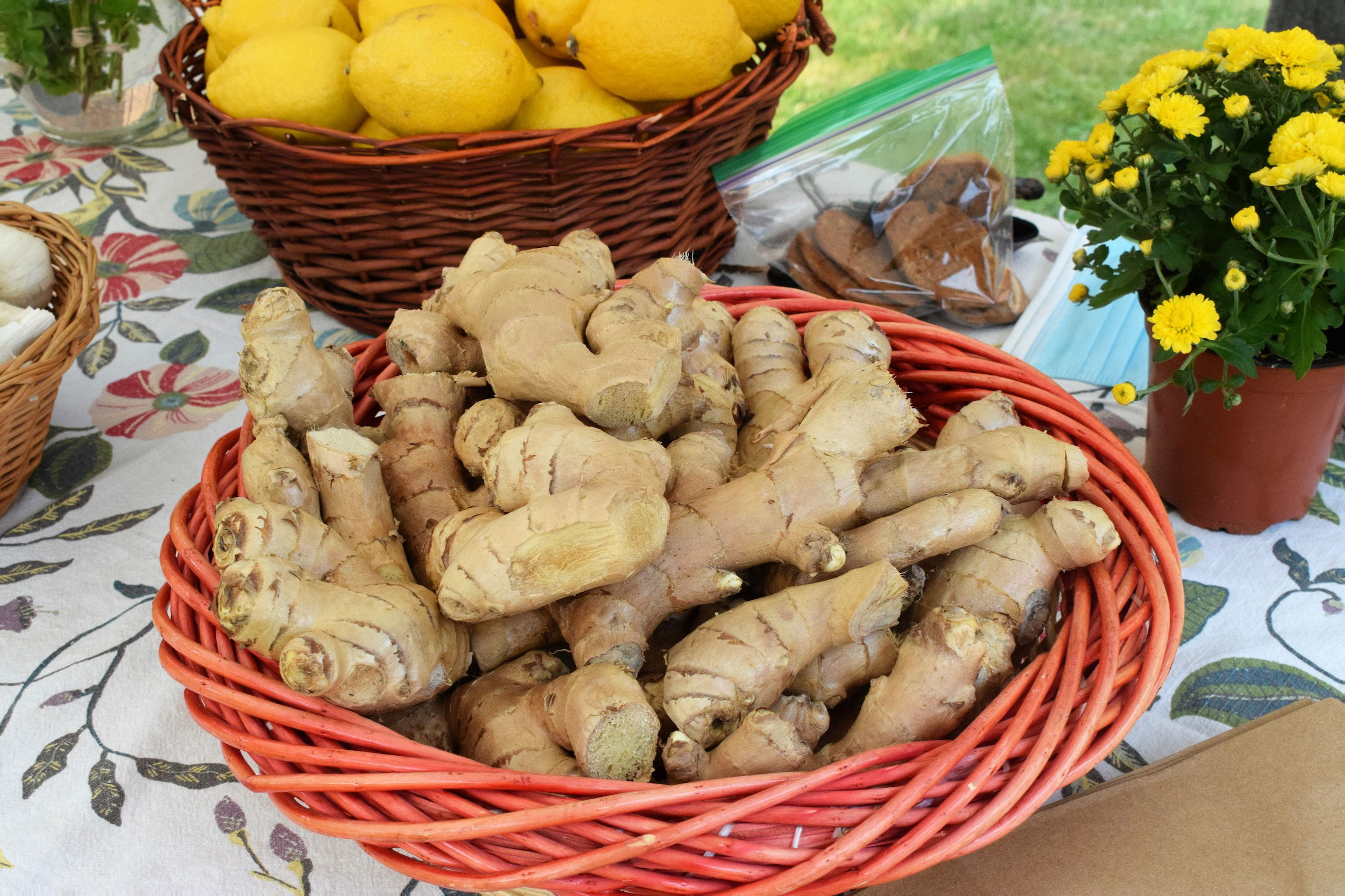
1. Introduction to the Ginger Plant
1.1 What is Ginger?
Ginger, scientifically known as Zingiber officinale, is not just a sassy sidekick to your sushi. It's actually a flowering plant that belongs to the Zingiberaceae family, making it a close cousin to turmeric and cardamom. This ancient spice has been cherished for centuries for its aromatic and tangy flavor.
1.2 Historical Significance of Ginger
Ginger's popularity didn't just sprout overnight. It has a fascinating history that dates back thousands of years. Ancient civilizations like the Greeks, Romans, and Chinese were all aboard the ginger train, using it in a variety of ways, from medicinal remedies to culinary delights. This spicy root has journeyed across continents and played a significant role in trade routes, adding a kick of zest to cuisines around the world.
1.3 Popular Varieties of Ginger
Ginger comes in more varieties than bubble tea flavors! Some of the well-known types include Jamaican ginger, Hawaiian ginger, and Chinese ginger. Each variety has its own unique characteristics that contribute to different culinary experiences. So, whether you're looking for a punchy heat or a subtler taste, there's a ginger out there for everyone.
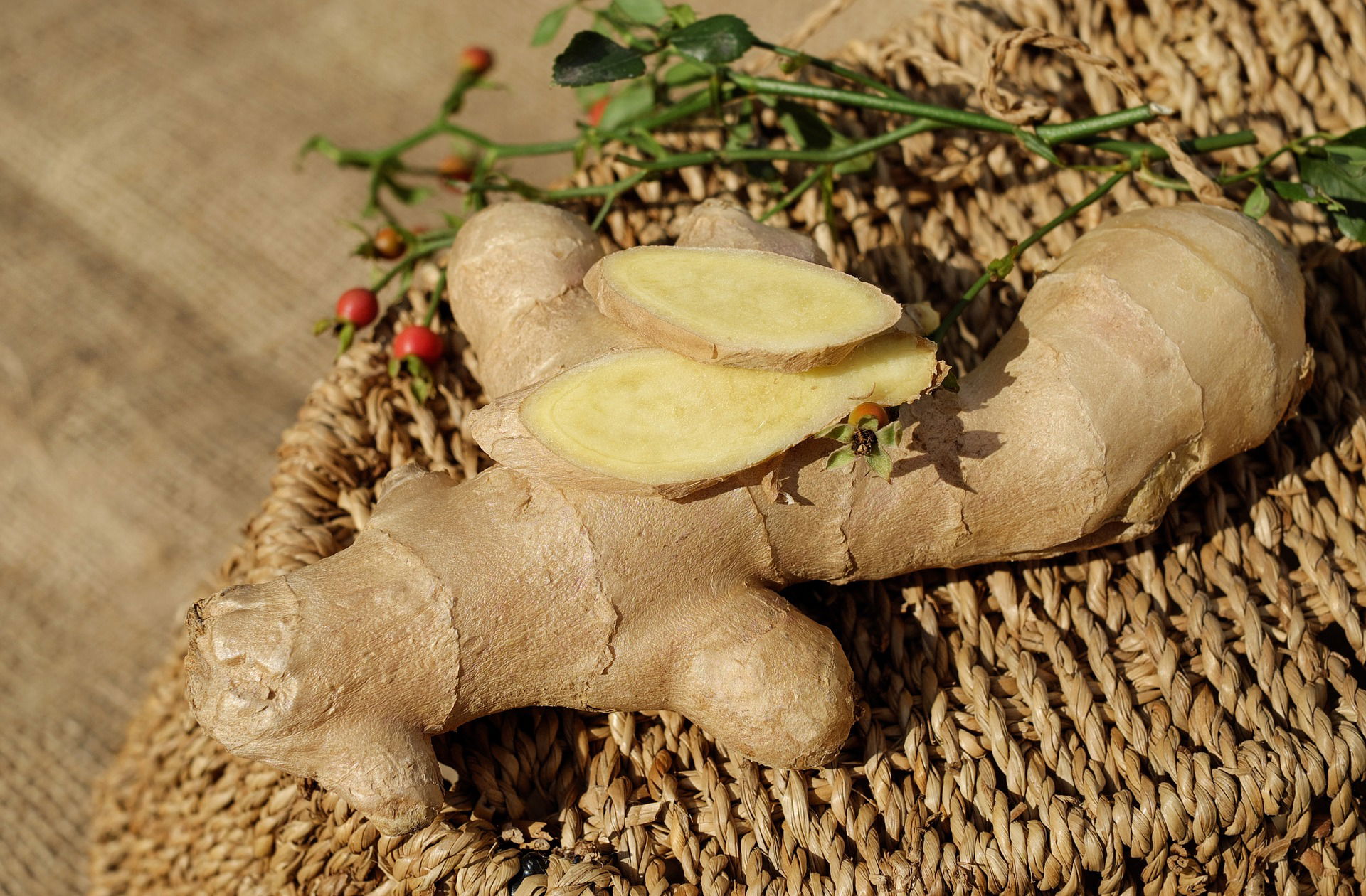
2. History and Cultural Significance of Ginger
2.1 Ancient Origins of Ginger
Ginger's roots can be traced back to Southeast Asia, where it grew wild in tropical rainforests. From there, it voyaged across the globe, finding its way into the hearts and spice racks of many cultures. This versatile root has left its mark on ancient civilizations like the Egyptians, who cherished its aromatic properties and likened its rhizome to the shape of the human heart. Ginger, the original heartthrob!
2.2 Ginger in Traditional Medicine and Folklore
Ginger has been hailed as a medicinal marvel for centuries. From soothing an upset stomach to boosting the immune system, this superhero root has been used in traditional medicine practices worldwide. It doesn't stop there though! Ginger has also found its place in folklore and superstitions. Some believe that carrying a piece of ginger can ward off evil spirits, while others swear by its ability to bring good luck. It's like having a talisman that doubles as a tasty ingredient!
2.3 Ginger in Culinary Traditions
Ginger is the life of the party in the culinary world. It adds a zing of flavor and a touch of warmth to dishes of all kinds. From stir-fries to curries, ginger is a go-to ingredient for chefs and home cooks alike. Its versatility knows no bounds, whether grated, sliced, or minced, ginger can transform a simple dish into a taste sensation. It's no wonder ginger has become a staple in kitchens everywhere.

3. The Botanical Characteristics of Ginger
3.1 Ginger Plant Description
The ginger plant isn't just a tasty root - it's a botanical beauty! It boasts vibrant green foliage and slender stems that can grow up to one meter tall. The leaves are long and lance-shaped, while small yellowish-green flowers peek through the foliage, adding a touch of elegance to this spicy spectacle.
3.2 Ginger Plant Parts and Structure
Let's get to the root of it! The ginger plant's underground stem, or rhizome, is where all the magic happens. This knobby, gnarled treasure holds the aromatic oils and zesty flavors that make ginger so special. Above ground, the plant sprouts lush leaves and delicate flowers, showcasing its botanical prowess.
3.3 Growth Requirements for Ginger
Ginger may have a fiery personality, but it requires a more gentle touch when it comes to growth. This tropical plant thrives in warm and humid conditions, making it a perfect fit for regions like India, China, and Jamaica. It prefers well-drained soil and a shady spot, so if you're thinking of growing your own ginger, be prepared to create a cozy little nook for this sassy spice.

4. Health Benefits and Medicinal Uses of Ginger
4.1 Digestive Health and Anti-inflammatory Properties
Ginger isn't just a delight for the taste buds; it's also a champion for your gut health. Its natural compounds, such as gingerol, have been shown to have anti-inflammatory properties, soothing upset stomachs and aiding digestion. So, the next time you overindulge in a feast, think of ginger as your digestion's sassy sidekick.
4.2 Ginger for Nausea and Motion Sickness
If you've ever experienced the misery of motion sickness or morning sickness, ginger might just be your new best friend. Studies have shown that ginger can help alleviate nausea and vomiting, making it a natural remedy for those queasy moments. So, before your next road trip or boat adventure, pack some ginger snacks and conquer the wave of nausea like a boss!
4.3 Pain Relief and Anti-cancer Properties
Ginger isn't just a pretty face; it's got some serious hidden talents too! Its anti-inflammatory properties not only aid in digestion but also have the potential to reduce muscle soreness and joint pain. Some studies have even suggested that ginger may have anti-cancer properties, but let's not get too carried away and expect ginger to start fighting crime anytime soon. Nonetheless, it's impressive how this humble spice packs such a punch when it comes to potential health benefits.
Now that we've peeled back the layers of the ginger plant, you can appreciate this spicy root even more. Whether you're spicing up a curry or soothing a tummy ache, ginger is a kitchen companion and a health warrior all in one. So, next time you reach for the ginger, give it a little nod of appreciation for being a flavor-packed powerhouse that leaves a lasting impression on our taste buds and well-being.

5. Culinary Uses and Recipes with Ginger
5.1 Ginger in Traditional and International Cuisine
Ginger is a superstar ingredient that has been used in culinary traditions around the world for centuries. From Asian stir-fries to Caribbean jerk chicken, ginger adds a zesty kick that can transform any dish. It's no wonder that ginger has become a staple in many traditional cuisines.
5.2 Popular Ginger-based Recipes
Looking to spice up your kitchen? Here are a few popular ginger-based recipes to get your taste buds tingling. Try your hand at making ginger chicken stir-fry, gingerbread cookies, or even a refreshing ginger-infused salad dressing. The possibilities are endless! Just remember, a little goes a long way with ginger, so start with a small amount and adjust to your taste.
5.3 Ginger in Beverages and Desserts
Ginger is not just limited to savory dishes. It can also add a unique flavor twist to your beverages and desserts. Sip on a classic ginger tea for a soothing and warming treat, or indulge in a rich gingerbread cake for a sweet and spicy delight. Don't forget to sprinkle some crystallized ginger on your ice cream for an extra kick of flavor.
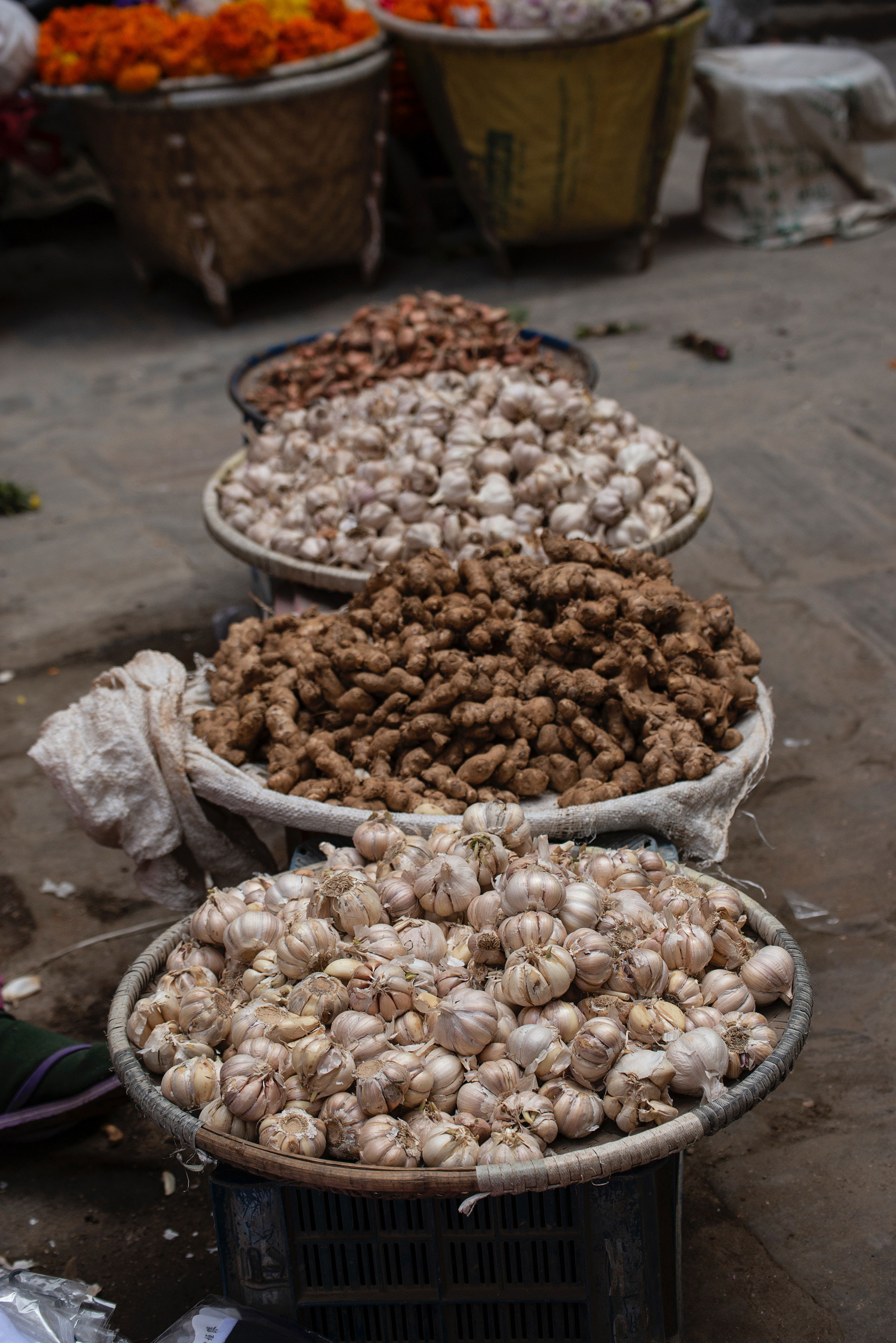
6. Ginger Production and Harvesting Techniques
6.1 Ginger Cultivation: Soil and Climate Requirements
Growing ginger requires the right conditions. It thrives in warm and humid climates, and well-drained soil with a pH level of 6 to 7. If you don't live in a tropical region, don't worry! Ginger can also be grown indoors in pots.
6.2 Planting and Propagation of Ginger
To start your own ginger garden, you'll need a ginger rhizome, which is the part you'll plant. Choose a healthy rhizome with firm skin and buds. Plant it in a shallow hole with the buds facing up and cover it with soil. Keep the soil moist, and within a few weeks, you'll start to see shoots emerging.
6.3 Care, Maintenance, and Harvesting of Ginger
Ginger plants are relatively low-maintenance. They require regular watering, especially during dry spells, and some light fertilizer every few months. Keep an eye out for pests, like aphids, and remove them promptly. Harvesting ginger is a rewarding process. Wait until the leaves begin to yellow and die down, then carefully dig up the rhizomes. Wash them thoroughly and store them in a cool, dry place.
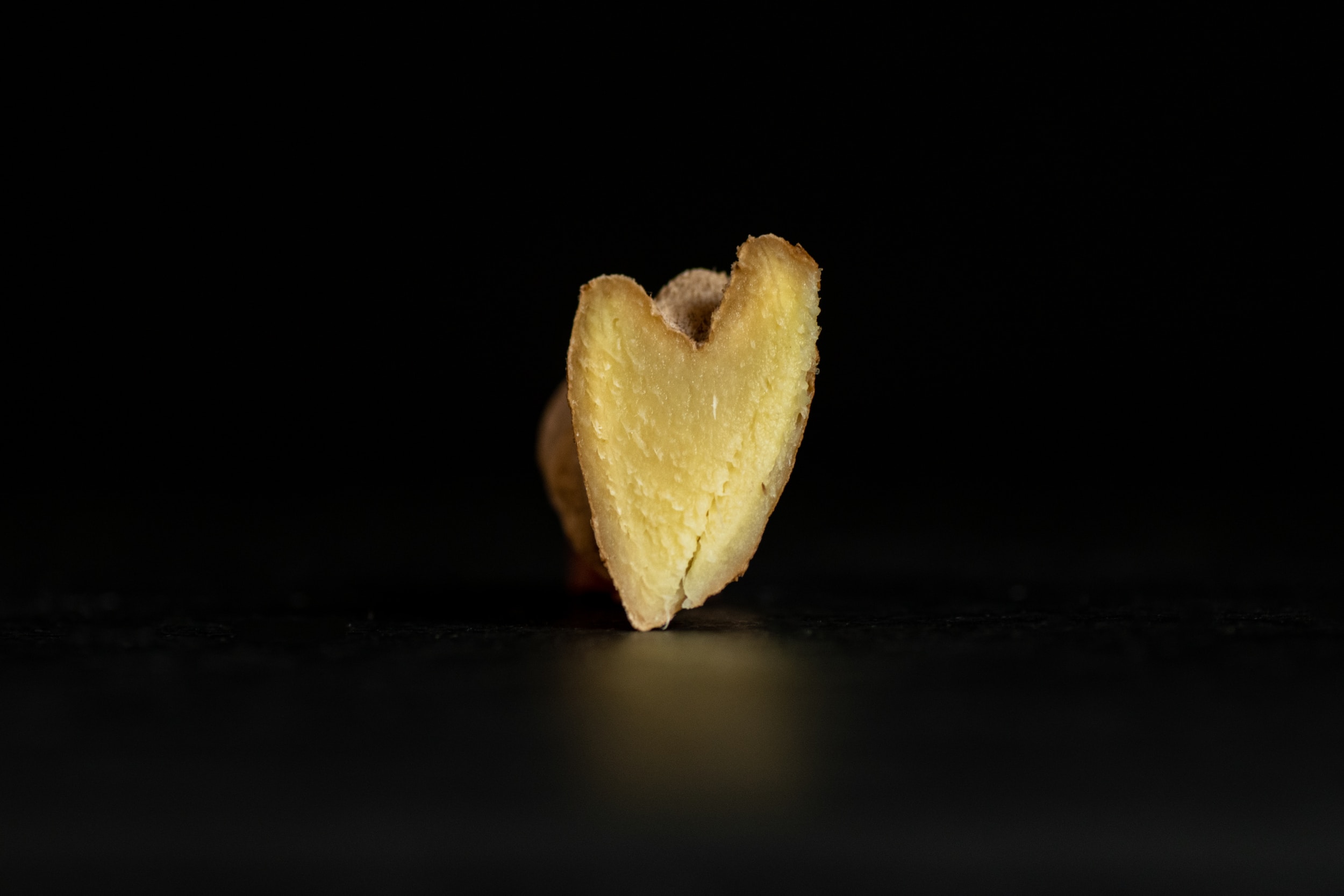
7. Ginger Processing and Extraction Methods
7.1 Cleaning and Sorting Ginger
Once your ginger harvest is complete, it's time to prepare it for consumption or further processing. Start by cleaning the ginger rhizomes, removing any dirt or debris. Then, sort them based on size and quality, discarding any damaged or rotting pieces.
7.2 Drying and Grinding Ginger
Drying ginger can extend its shelf life and make it easier to use in powdered form. Slice the ginger into thin pieces and lay them out on a drying rack or dehydrator. Allow them to dry completely until they become brittle. Once dried, grind the ginger pieces into a fine powder using a spice grinder or mortar and pestle.
7.3 Extracting Ginger Oil and Other Products
Extracting ginger oil can be done using a steam distillation method, but it requires specialized equipment and expertise. If you're not up for the challenge, don't worry! There are many ginger-infused products available in the market, including ginger essential oil, ginger extracts, and even ginger candies.
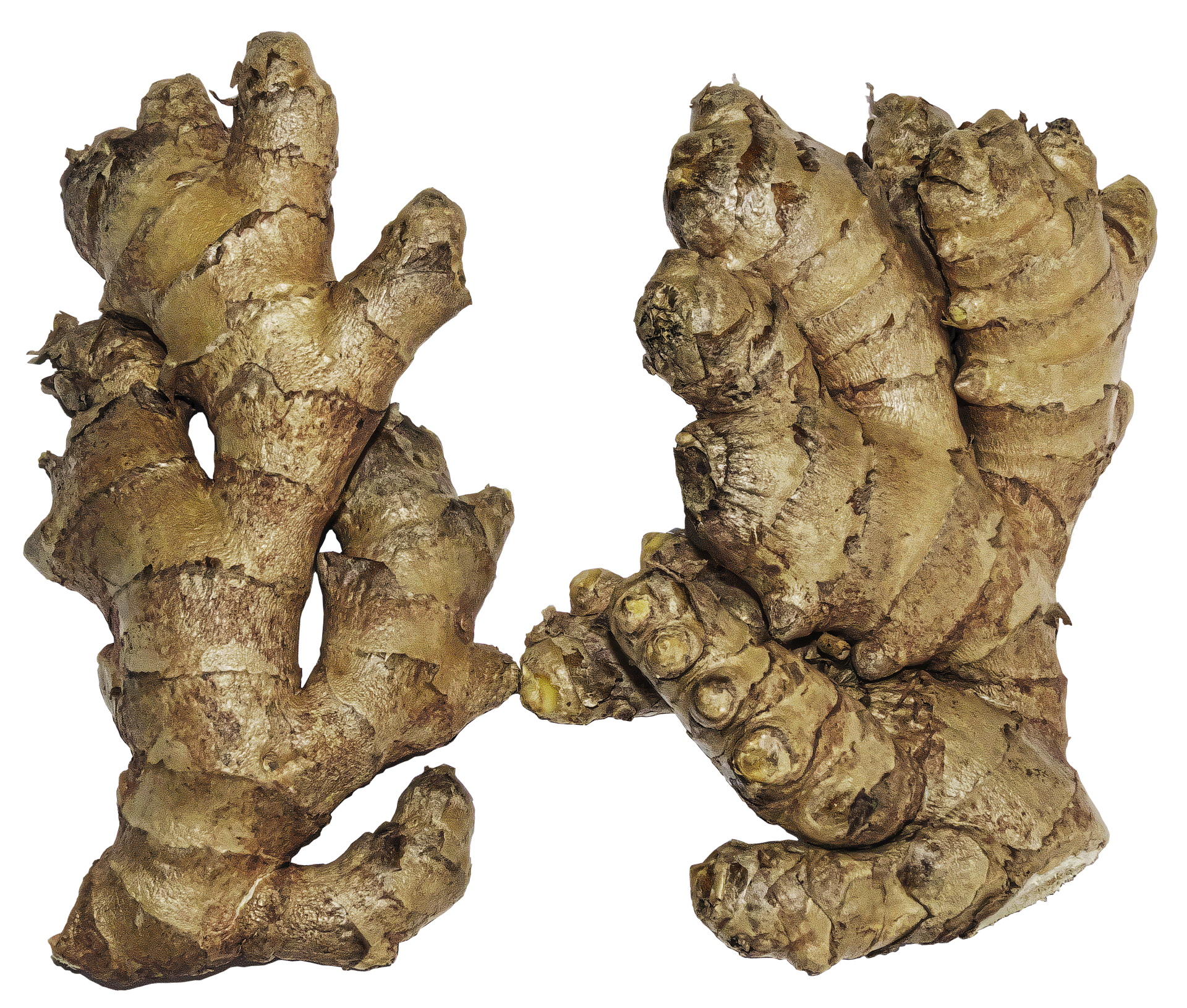
8. Future Prospects and Research on Ginger
8.1 Latest Research Discoveries and Findings
Ginger has caught the attention of researchers around the world, and exciting discoveries are being made about its potential health benefits. Recent studies have shown that ginger may have anti-inflammatory, antioxidant, and even anticancer properties. However, more research is needed to fully understand the extent of its effects.
8.2 Emerging Applications of Ginger
Beyond its culinary uses, ginger is finding its way into various industries. It is being explored as a natural preservative for food, a potential ingredient in cosmetics, and even as an alternative medicine for certain ailments. The versatility of ginger is truly remarkable.
8.3 Potential Challenges and Opportunities in Ginger Industry
While ginger has a bright future, there are also challenges to overcome. Climate change, pests, and diseases can affect ginger cultivation, making it necessary to develop resilient varieties. Additionally, there is a need for sustainable and ethical practices in the ginger industry to ensure the well-being of both the environment and the people involved. Nevertheless, with proper research and innovation, the ginger industry holds great potential for growth and development.In conclusion, the ginger plant continues to captivate us with its rich history, diverse applications, and remarkable health benefits.
Whether enjoyed in culinary creations, used as a natural remedy, or cultivated for its aromatic oils, ginger remains a cherished ingredient worldwide. As research and innovation expand our understanding of this remarkable plant, the future holds exciting possibilities for its cultivation, processing, and utilization. So, embrace the warmth and zest of ginger, and let its remarkable qualities enhance your life in numerous ways.

FAQ
1. Is ginger safe for everyone to consume?
Ginger is generally considered safe for most people when consumed in moderate amounts. However, individuals with certain health conditions, such as gallstones, bleeding disorders, or on specific medications, should consult with a healthcare professional before incorporating ginger into their diet or using it for medicinal purposes.
2. Can ginger help with digestive issues?
Yes, ginger has been traditionally used to alleviate various digestive issues, including indigestion, nausea, and bloating. It is believed to stimulate digestion, reduce inflammation in the gut, and promote the production of digestive enzymes. However, if you have a severe or chronic digestive condition, it is advisable to consult with a healthcare professional.
3. Can ginger be used during pregnancy?
Ginger has been used for centuries to alleviate morning sickness and nausea during pregnancy. However, it is important to consult with a healthcare professional before using ginger as a remedy during pregnancy, as individual circumstances may vary.
4. Are there any potential side effects of consuming ginger?
While ginger is generally safe when consumed in moderate amounts, some individuals may experience mild side effects such as heartburn, stomach discomfort, or allergic reactions. It is always recommended to start with small amounts and monitor your body's response. If you experience any adverse effects, discontinue use and consult with a healthcare professional.
